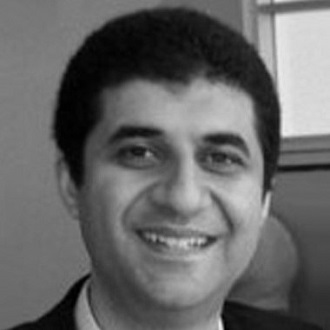 Immunity & Aging Study – Healthy Individuals Age 65 and up
Immunity & Aging Study – Healthy Individuals Age 65 and up
STUDY BASICS
Are you age 65 or older? You may be able to participate in a research study to help better understand how the immune system works in younger adults versus older adults. This study involves one visit during which you will have your blood drawn. You will also be asked to allow the research team to access your UPMC medical records. Compensation and parking provided.
STUDY PURPOSE
The body’s immune system is a living shield that protects against a wide range of infections. As people age, the immune system weakens, which can put older adults at a higher risk for infections and can reduce the effectiveness of vaccines.
The purpose of this research study is to compare how the immune system functions in younger adults versus older adults. Researchers hope their findings lead to new ways to reverse the impaired immune response that occurs with aging and restore infection-fighting immune cells in older adults.
COULD THIS STUDY BE RIGHT FOR YOU?
- Ages 65 and up
- Have medical records at UPMC and are willing to allow the research team to access those records to confirm your study eligibility
- Not taking any immunosuppressive medications
- No recent infections (within the past 2 weeks)
- No history of autoimmune diseases, cancer, organ transplantation, congestive heart diseases, myocarditis, chronic obstructive pulmonary diseases (COPD), emphysema, or asthma
- Willing and able to undergo a blood draw
WHAT PARTICIPANTS CAN EXPECT
The study involves one 30-60 minute in-person visit during which you will undergo a blood draw. Participants will also be asked to allow the research team to access their UPMC medical records.
IRB: STUDY20020194B
- Epigenetic regulation of memory CD8 T cell effector function during immune agingMEET THE RESEARCHER

Hossam Abdelsamed
Hossam A. Abdelsamed, PhD, is a Research Assistant Professor in the Department of Surgery at the University of Pittsburgh. Dr. Abdelsamed’s long-term vision is to develop a research program mainly focused on studying aging of the human immune system to enhance the outcome of solid organ transplantation. He is enthusiastic about applying cutting-edge molecular biology technologies to enhance the development of innovative approaches for the diagnosis of rejection and the prediction of organ transplant outcomes, including donor-specific tolerance.
 https://pittplusme.org/study/1965
https://pittplusme.org/study/1965